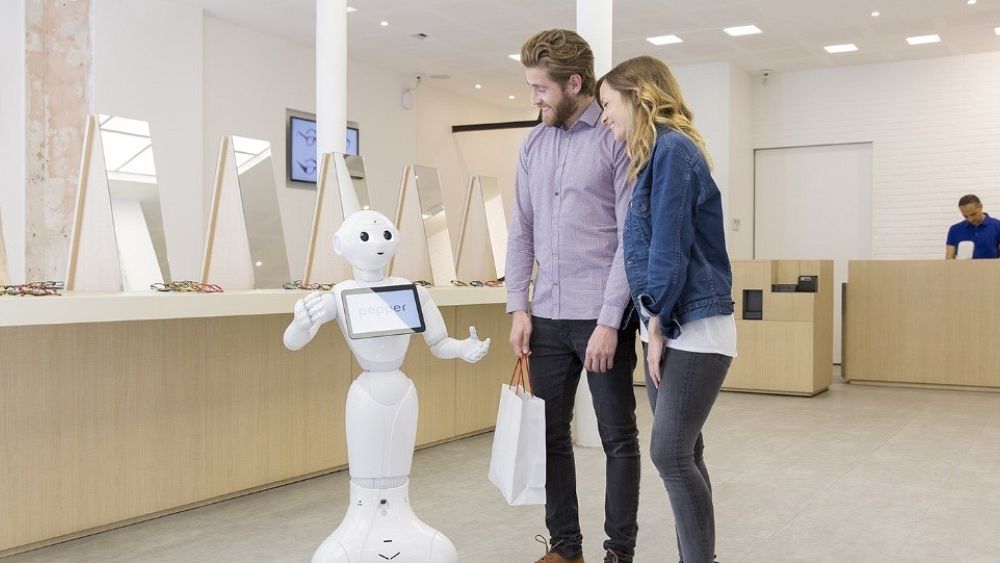
A recent study found that workers in the UK could be saving hundreds of hours every year if they were assisted by AI — but many remain sceptical of the new technology.
The study, conducted by Censuswide on behalf of Visier – a cloud-based analytics platform designed to assist people and businesses in decision-making – found that UK employees who are already embracing AI in the workplace are saving 1.55 hours per day. This amounts to around 390 hours a year.
But employees taking advantage of the new technology are far from the majority. Some 56 per cent of employees in the Visier study said that their employers are not encouraging the use of AI at work, and 53 per cent are concerned about AI replacing the skills they currently have and taking away their jobs.
The research took in responses from 3,030 people aged 18 and above working at companies with over 250 employees in the UK, Germany US, and Canada between 25 and 31 May.
How do workers feel about working with AI?
Despite the time-saving potential of AI, the study shows that workers feel ambivalent about how the new technology is going to impact their work life.
More than one in three (36 per cent) said that AI will make them more stressed at work, while 37 per cent said they’re concerned that their work will be less accurate because of AI. Some 38 per cent are worried that AI might compromise data privacy.
But while they fear the consequences of deploying AI in the workplace, more than two in three (67 per cent) think that developing AI skills is going to be important for their future career growth, showing that they think AI will inevitably be part of their job one day.
At the same time, workers do not necessarily think it will be their AI skills that get them a promotion in the future. Some 40 per cent of employees studied by Visier think that soft skills are the most important to support career growth, while 43 per cent believe leadership skills are.
Only 10 per cent of employees thought that hard skills – like mastering the use of emerging technology – was a crucial aspect to get further in their careers.
Some 40 per cent think that AI will improve their work-life balance, and 31 per cent think that it will help close the skills gap in the UK workforce.
Is AI likely to become part of UK employees’ jobs?
The UK is currently in the process of building the regulation of AI in the workplace, after campaigners, trade unions and some members of Parliament called for the government to impose stricter oversight of how the new tech could be used.
For years now, the debate around AI in the workplace has been split between pros and cons, and the need to find a balance between the two.
“Making work more rewarding, making it more satisfying, and crucially making it safer and fairer: these are all the possibilities that AI offers us,” Mary Towers, an employment lawyer who runs a Trade Union Congress (TUC) project on AI at work, said during a half-day conference about the topic in April.
“We’re at a really important juncture, where the technology is developing so rapidly, and what we have to ask ourselves is, what direction do we want that to take, and how can we ensure that everyone’s voice is heard?”
A survey published last month by the Prospect trade union showed that almost 60% of British people want regulation of AI in the workplace.
“The workplace has been disrupted by rapid innovation and everyone has a role to play in its smooth adoption. With skills gaps widening across the UK, AI can alleviate a wide range of pain points. But, with opportunity comes responsibility,” said Ben Harris, Director UK MD at Visier.
“Business leaders must ensure they are spotting gaps in employee skills, and training them on emerging technologies like, but not limited to, AI. By taking a skills-based view, organisations can rethink roles, and identify skills that can be combined with emerging technologies like AI to future-proof jobs, boost productivity and enhance performance. In a context of skills and labour shortages, combining AI with transferable skills will enable companies to fill gaps easily and stay competitive while minimising redundancies.”






